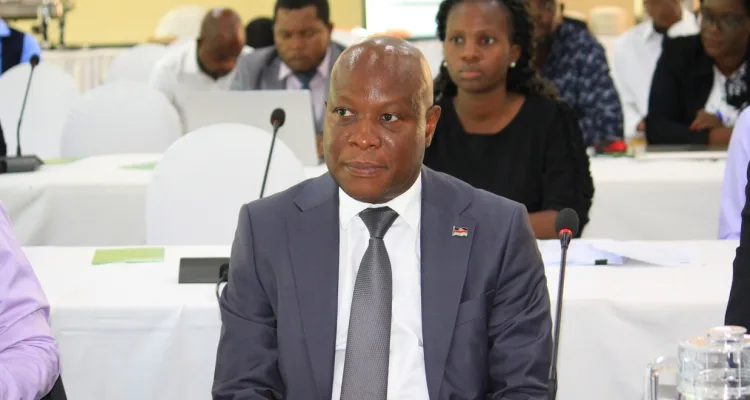
The Lilongwe Water Board says it has saved two million litres of water translating to K400 million through efforts made in reducing non-revenue water that occurs due to theft of water supply equipment, illegal water connections and leakages.
LWB chief executive officer Silli Mbewe said this on Wednesday during the 10th Joint Coordinating Committee (JCC) meeting for the Project for Strengthening the Capacity of Non-Revenue Water Reduction for Lilongwe Water Board (LiSCap).
The project which was initiated in 2019 to strengthen the capacity of Lilongwe Water Board in reducing non-revenue water is being implemented with support from Japan International Cooperation Agency (JICA) and is expected to end in December this year.
Mbewe said the board has made significant progress because during the last JCC it reported a 40 percent decrease in non-revenue water but now has reported a 38 percent decrease.
“It is a two percent movement but quite significant in as far as the war against non-revenue water is concerned. If you quantify the two percent, that is translating to a saving of two million litres but in monetary it translates to K400 million that we have saved,” he said.
He added that the progress made can be sustained because the most of the activities for the project have been implemented by water board employees with JICA experts only coming in as advisors.
“We are also having knowledge sharing sessions with other water boards because the issue of non-revenue water affects all water boards in the country,” he said.
Principal Secretary in the Ministry of Water and Sanitation, Elias Chimlambe, said non-revenue water loss is a challenge and there is need to introduce more projects like LiSCap in order to reduce the challenge.
He noted that one of the key priorities of Malawi 2063 is increased access to potable water in the country and he argued that this cannot be achieved if water from water boards is lost before reaching customers.
JICA Chief Representative, Kazuhiro Tambara, said on the ground there is commitment for continued reduction of non-revenue water.














